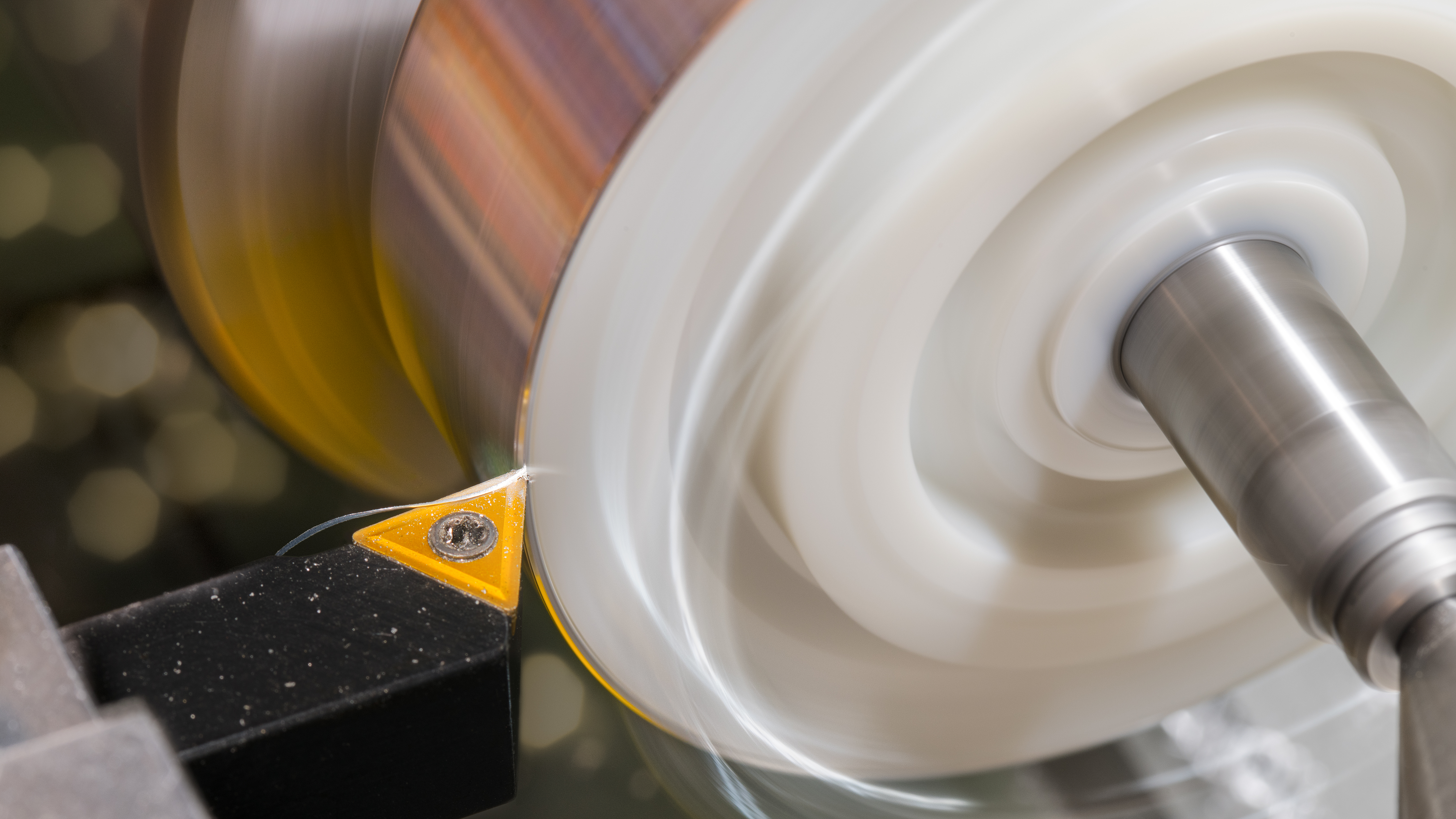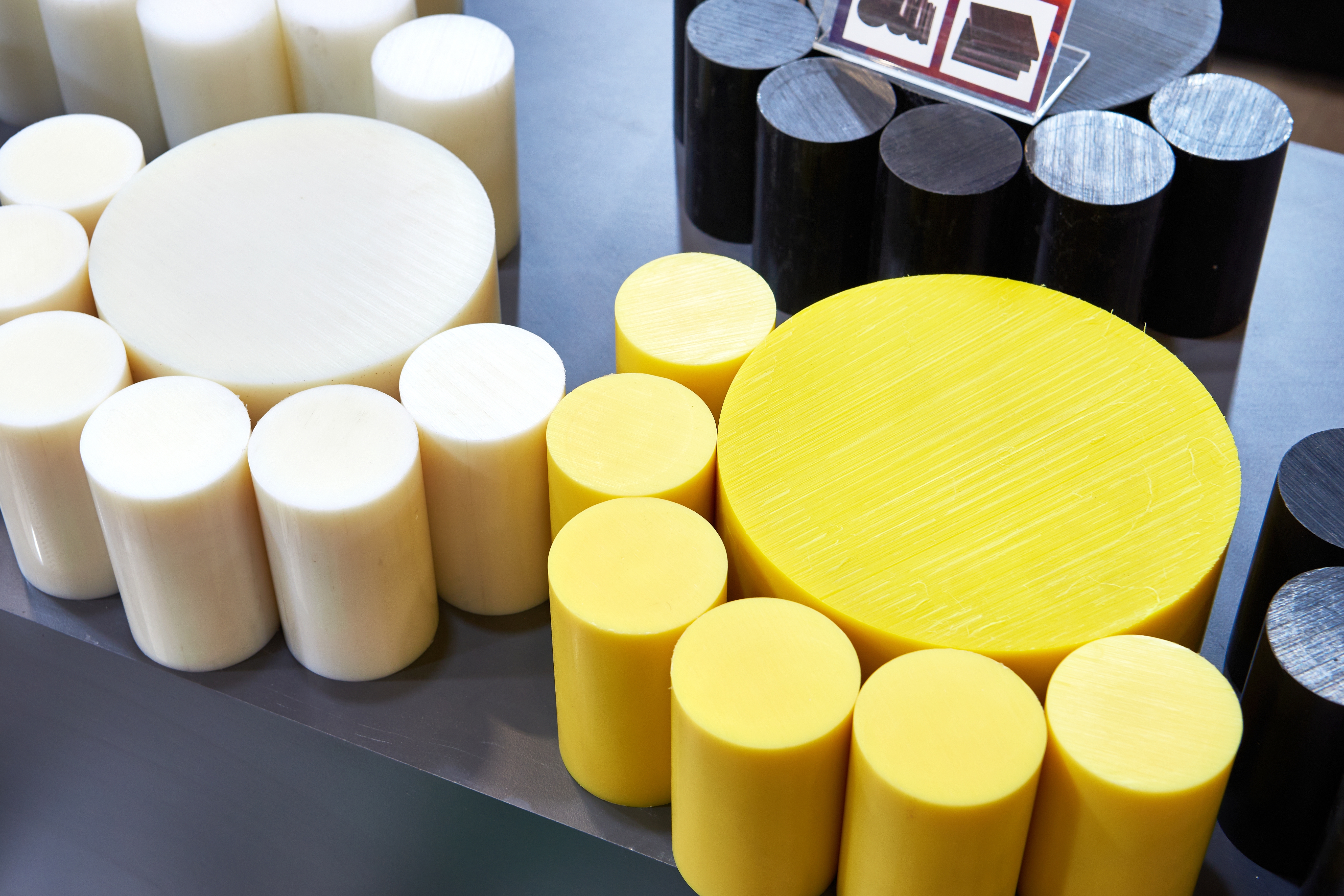Polymers represent a critical class of materials in contemporary industry and scientific fields, standing out with their unique properties and diversity. The molecular complexities and broad application areas make polymers indispensable in numerous industrial and scientific disciplines today.
These special molecular structures are formed through long chains consisting of repeating units. Polymers can be derived from natural sources or synthesized synthetically in laboratory settings
In this context, polymer science has become an in-depth research area focusing on the design and applications of both natural and synthetic materials.
In the industrial sector, the durability, flexibility, and diversity of polymers offer unique solutions in various industries. Advances in chemistry, materials science, and engineering continue to optimize the properties of polymers. In this regard, polymers are considered fundamental building blocks of modern technology.
1. What is a Polymer?
The term "polymer" originates from the Greek words "poly" (many) and "meros" (part). This linguistic structure defines the fundamental characteristic of polymers: materials composed of long molecular chains formed by repeating structural units. These repeating units are called monomers, constituting the basic building blocks of polymers. Polymers typically possess special properties due to their complex structures, allowing them to find extensive applications in industrial settings. The long molecular chains determine the physical and chemical properties of polymers. Additionally, polymers can be obtained from natural sources or synthesized synthetically in a laboratory setting. While naturally occurring polymers include cellulose and rubber, synthetic polymers encompass industrial products such as nylon, polyethylene, and polypropylene. This wide variety enables polymers to be used in different application areas. Polymer science continuously evolves to better understand and optimize the properties of these complex molecular structures. Consequently, polymer materials play a critical role in various industrial applications in engineering, medicine, chemistry, and other disciplines.
2. Key Properties of Polymers:
a. Molecular Structure:
The molecular structure of polymers is a critical factor determining their key properties. This complex structure arises from small molecular units called monomers combining through specific chemical bonds to form long, repeating chains. Each monomer unit constitutes the basic building block of the polymer, shaping the overall properties through their combination. The formation of these long chains is a key factor in determining the physical and chemical properties of polymers. The arrangement and bonding patterns in the molecular structure influence the durability, elasticity, thermal conductivity, and other properties of polymers. Moreover, the molecular-level organization of polymers determines their responses to environmental conditions such as temperature, pressure, and humidity. Understanding the molecular structure is a fundamental parameter for polymer chemistry, aiding in designing materials for specific applications. Polymer science continually advances by unraveling this molecular complexity, aiming to precisely control and optimize material properties.
b. Diversity:
Polymers represent a material class with extensive diversity. Natural polymers include proteins, cellulose, and rubber, while synthetic polymers encompass industrial products like polyethylene, polypropylene, polyvinyl chloride (PVC), and polyurethane. This diversity allows polymers to be used in various application areas, emphasizing their adaptability to industrial demands.
c. Physical Properties:
The physical properties of polymers are crucial factors in determining their application areas. Elasticity, durability, thermal conductivity, and heat resistance are characteristics influencing the performance of polymer materials. For example, elastomers excel in flexibility, while high-strength polymers are preferred for their durability. These physical properties play a critical role in determining the suitability of polymers for specific industrial needs. These fundamental properties drive research and development in polymer science, aiming to achieve more specific and optimized material properties.
3. Applications of Polymers:
Polymers have a wide range of applications in many different fields due to their unique properties. These materials play a critical role in many sectors, offering solutions with features such as durability, lightweight, and versatility.
a. Packaging Industry:
Polymers play a significant role in the packaging industry, finding extensive use in various forms. Their lightweight and durable nature provide effective solutions in transportation and storage processes. Additionally, polymer packaging materials can create an efficient barrier against external elements, protecting products.
b. Medical Applications:
Polymers are used in various medical applications due to their biocompatible properties. From medical implants to drug delivery systems, the biocompatibility of polymers allows for safe and compatible use within the body. The versatility of polymers makes them preferable in a wide range of medical fields.
c. Textile Sector:
Polymers are widely used in the textile industry for their elastic properties and durability. These materials play a crucial role in producing flexible fabrics and adding unique characteristics to textile products. Polymer-based fibers are utilized in a broad spectrum, from sportswear to technical textiles, offering innovative solutions to the textile industry.
4. Polymer Research and Future Trends:
Polymer science is a continuously evolving field, heavily researched by scientists aiming to discover new polymer materials and develop sustainable production methods.
a. Discovery of New Materials:
With a deepening understanding at the molecular level and advancements in material science, polymer science is making significant strides in discovering new polymer materials. These discoveries aim to enhance the properties of existing polymer materials and open up new application areas. Nanotechnology, in particular, plays a crucial role in the development of polymer-based nanocomposite materials.
b. Sustainable Polymer Production:
Research in polymer science focuses on sustainable material production to minimize environmental impacts. Biodegradable polymers, recyclable materials, and energy-efficient production methods are essential components of sustainable practices. These initiatives symbolize crucial steps toward achieving environmental sustainability goals in the polymer industry.
c. Advanced Technological Applications:
Polymer research presents new opportunities for advanced technological applications. Smart polymers, known for their versatility, find applications in a wide range of fields, from biomedical applications to electronic devices. Significant progress is also observed in the layered production of polymer materials using 3D printing technologies. In this context, research in polymer science lays the foundation for future developments expected in materials science and industrial applications. These advancements contribute significantly to the evolution of polymers into more effective, environmentally friendly, and diverse materials, providing substantial contributions to both industry and scientific communities. In summary, polymers emerge as fundamental building blocks of contemporary industry, playing a critical role with their extensive application spectrum. These special materials exist in various forms, including biopolymers derived from natural sources and synthetic polymers produced in diverse ways. Ongoing research and developments in polymer science and engineering will support the discovery and production of more sustainable and customized polymer materials in the future. Therefore, the importance and impact of polymers are expected to increase in industry, science, and technology in the coming years.





